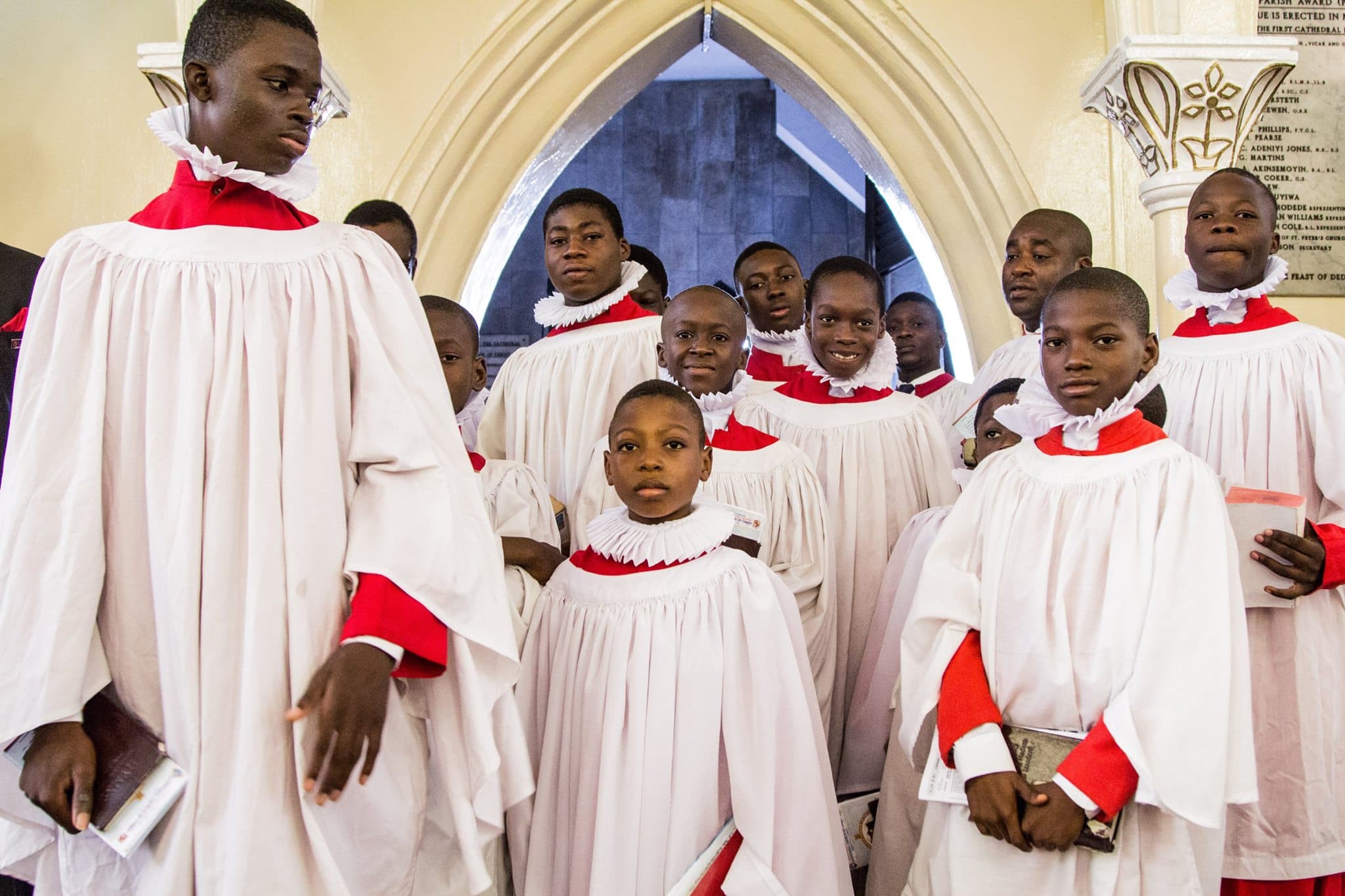Have you noticed that the Psalter texts in the Daily Office (Morning and Evening Prayer, Midday Prayer, Compline, and Family Prayer) and the Sunday Scripture inserts are different? Do you have any idea what the Coverdale Psalter is or what any of this means? Do you wonder why there is a change and, even more importantly, why it matters?
Well, this is an incredible project with historical roots and potentially a great future impact.
The Purpose of the Psalms
Every prayer book since the very first in 1549 has used a translation of the Psalter. The Psalter is a very important piece of Anglican liturgies and is an essential part of prayer disciplines worldwide. According to Archbishop Emeritus Robert Duncan, Chair of the Liturgy Task Force, the complete Psalter is the most frequently read book in the Bible and was, historically, read and sung in households and churches every month.
But if you read closely, the translation of the Psalter used in prayer book liturgies, is somewhat different from the English Standard Version (ESV) or New International Version (NIV) translation of Scripture commonly found in our pew Bibles. These are differences not of substance, but of style. The Psalms were originally composed for worship. While a word-for-word translation from the Hebrew, such as the ESV, may be best for study, this type of translation can mute the rhythm, meter, and musicality original to the Psalms. Psalters designed for worship allow the verses to poetically flow or be sung, a quality that facilitates the beauty and wonder of worship often found in the Anglican liturgy.
A (Very) Brief History of the Anglican Coverdale Psalter
In 1539, under the direction of King Henry VIII, Miles Coverdale produced the Great Bible, within which was what became known as the Coverdale Psalter, the liturgical translation in every Anglican prayer book until the 1960s.
In 1963, the Church of England attempted to update the Coverdale Psalms to more modern language – with a committee including notable members T.S. Elliot and C.S. Lewis – but the Cathedral musicians opposed the revision [musical psalters would have to be rewritten] and their update was not adopted.
The older Coverdale Psalter continued to be used until the 1979 Prayer Book when a new liturgical translation was produced. Unfortunately, this translation was a break from the turn-of-phrase of every previous Prayer Book and from the global Anglican language for prayer. Sometimes even the new translation, while technically correct, was not as comprehensible to contemporary understanding. (See an example below).
Which brings us to the historic moment we as the Anglican Church in North America are currently in. The Lord has blessed us with gifted scholars who are willing to take on the challenge to renew the Coverdale Psalter translation with modern language, clarity, and musicality.
Toward A Renewed Anglican Coverdale Psalter
The Liturgy Task Force Psalter subcommittee, chaired by the Ven. Darrell Critch, a musically trained Anglican Church in North America rector, along with seminary professors and Old Testament scholars Erika Moore (Trinity School for Ministry), Travis Bott (Nashotah House), and John Crutchfield (Columbia International University), is building on the work of Lewis and Eliot to renew the Coverdale Psalter.
Archbishop Duncan detailed that “when we renew a Psalm, the scholars look at the Coverdale and ask ‘is this an accurate or reasonable translation?’ Then, they determine if it is understandable in modern English.” Then they compare it to the 1963 version. They renew the translation accordingly.
Rather than creating a new translation, like the 1979 prayer book, the Task Force is seeking to update the Coverdale. Unlike the Church of England committee work in 1963, this edition replaces the “thees” and “thys” and 16th century verb forms with contemporary language.
The Renewed Coverdale Psalter is historic. And like the recent release of the Catechism, the Liturgy Task Force and the College of Bishops believe it will be “a gift to the whole Anglican world,” said Archbishop Duncan.
The Task Force encourages you, the members of the Anglican Church in North America, to follow along with the renewal of the Coverdale Psalms. As of January 15, 2018, the Psalter subcommittee has produced 34 renewed Psalms. The scholars meet every week by conference call to review and produce two to four more renewed Psalms, prioritizing those that are most used and following the order of the Sunday lectionary (the leaflet Scripture inserts can be found here: https://anglicanchurch.net/index.php/main/tcp_leafleat_yearb/).
If you would like to send your feedback on your experience of the Renewed Coverdale Psalter, you can email the Liturgy Task Force at liturgytaskforce@anglicanchurch.net. The Task Force carefully reviews all comments received.
An Example From Psalm 95
Commentary from Archbishop Duncan: The 1979 Book of Common Prayer’s translation of Psalm 95:8 refers to Meribah and Massah, which are names of places meaning, in Hebrew, provocation and temptation. As one submission of feedback pointed out, “provocation” and “temptation” are the way the Letter to the Hebrews refers to these places – just as Coverdale did. In the 21st century, (just as in the 16th) these terms are more readily comprehensible to the lay person reading the psalm than “Meribah” and “Massah.”
English Standard Version
Today, if you hear his voice, do not harden your hearts, as at Meribah, as on the day at Massah in the wilderness, when your fathers put me to the test
1979 BCP
Harden not your hearts, as your forebears did in the wilderness, *
at Meribah, and on that day at Massah, when they tempted me.
Coverdale
To-day if ye will hear his voice, harden not your hearts *
as in the provocation, and as in the day of temptation in the wilderness;
Renewed Coverdale
Today, if you will hear his voice, harden not your hearts *
as in the provocation, and as in the day of temptation in the wilderness.
To learn more about the Liturgy Task Force and providing feedback, click here.





